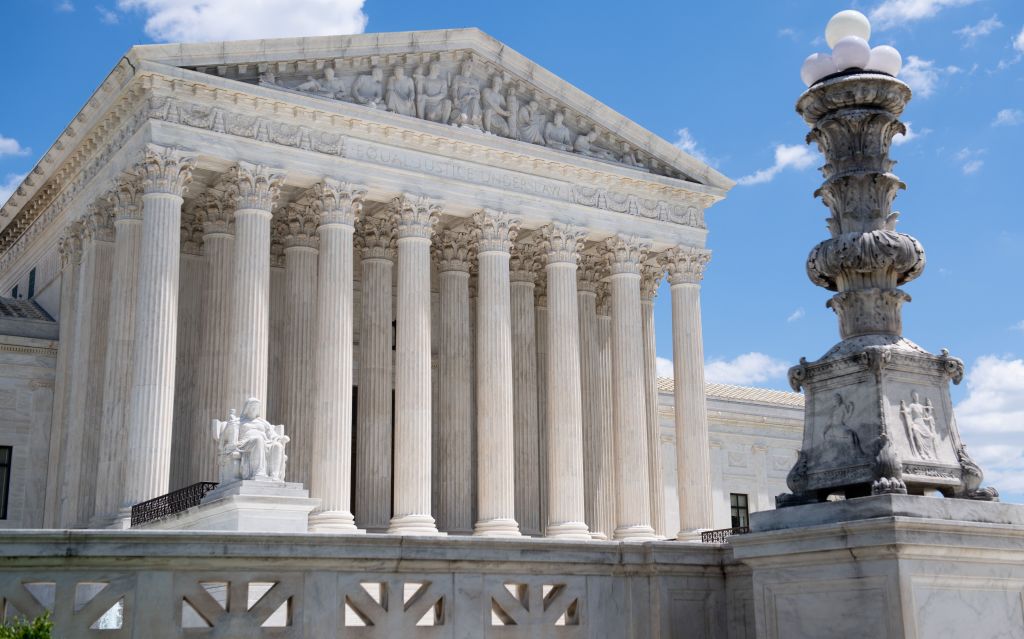Supreme Court to consider whether electors must vote for the candidate who won their state


A free daily email with the biggest news stories of the day – and the best features from TheWeek.com
You are now subscribed
Your newsletter sign-up was successful
It's another big day of oral arguments at the Supreme Court.
After the court on Tuesday remotely heard arguments concerning President Trump's effort to block subpoenas for his financial records, the court on Wednesday will hear arguments in two other highly-watched cases. These concern Electoral College members who cast their ballot for someone other than the person who won their state's popular vote.
In the cases the Supreme Court will look at at, one of these "faithless electors" in Colorado cast his vote in 2016 for John Kasich rather than Hillary Clinton even though she won the popular vote in that state, while three electors in Washington state voted for Colin Powell rather than Clinton, who was again the winner there, NBC News reports. The Colorado elector sued over the state scrapping his vote and replacing him with an elector who then voted for Clinton, while the electors in Washington sued over fines they were hit with.
The Week
Escape your echo chamber. Get the facts behind the news, plus analysis from multiple perspectives.

Sign up for The Week's Free Newsletters
From our morning news briefing to a weekly Good News Newsletter, get the best of The Week delivered directly to your inbox.
From our morning news briefing to a weekly Good News Newsletter, get the best of The Week delivered directly to your inbox.
These electors argue that the states' laws removing or fining "faithless electors" are unconstitutional, The Hill reports, and how the court comes down on whether electors must support the winner of their state could be highly significant heading into the 2020 presidential election. Previously, the 10th Circuit Court of Appeals decided in the Colorado case that electors are permitted to vote for any candidate, but in the Washington case, the law that says electors have to vote for the winner of their state was upheld by the state Supreme Court, per NBC.
These oral arguments will once again be heard remotely and take place over the phone, with viewers at home being able to listen in live. This is the Supreme Court's last day of arguments for May, according to The Associated Press, and a decision is expected in the summer.
A free daily email with the biggest news stories of the day – and the best features from TheWeek.com
Brendan worked as a culture writer at The Week from 2018 to 2023, covering the entertainment industry, including film reviews, television recaps, awards season, the box office, major movie franchises and Hollywood gossip. He has written about film and television for outlets including Bloody Disgusting, Showbiz Cheat Sheet, Heavy and The Celebrity Cafe.
